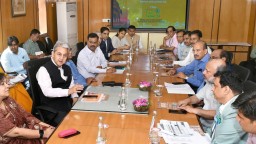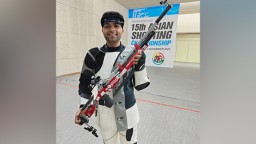Latest News
SC refers petitions seeking legal recognition of same-sex marriage to Constitution Bench
.png)
New Delhi: The Supreme Court on Monday referred various petitions seeking legal recognition of same-sex marriage to the Constitution Bench.
A bench headed by Chief Justice of India DY Chandrachud listed the petitions seeking legal recognition of same-sex marriage to a five-judge bench constitution bench and said that the hearing will take place on April 18. Solicitor General Tushar Mehta, appearing for Centre, says the right to love, expression and freedom of choice is already upheld and no one is interfering with that right but doesn't mean conferring the right of marriage.
SG Mehta argued that the moment marriage as a recognized institution comes between the same sex, the question will come on adoption and therefore parliament will have to see on the issue of the psychology of the child, which has to be examined whether it can be raised in such a way. He further said that the parliament will have to debate and take a call on whether in view of ethos.
However, the court remarked adopted child of a gay or lesbian couple does not have to be gay or a lesbian.
SG Mehta said that this is a matter having grave ramifications.
When the bench was apprised that the Centre has filed an affidavit, CJI DY Chandrachud remarked Centre is saying it is in the legislative domain
Senior Advocate NK Kaul said that controversy is narrowed down and they can show that either the statute can be harmoniously construed or in light of Navtej Singh, it has to be recognised
Senior Advocate KV Vishwanathan apprised the SC that the transgender protection act exists even though the centre stated that it doesn't recognise such a union.
The court was hearing a batch of petitions pertaining to the issue of same-sex marriage, which had challenged the denial of access to the institution of marriage to the members of the LGBTQ+ community as being in contravention of Part III of the Constitution, including Articles 14,15,19 and 21.
The Senior counsel appearing for the Petitioners submitted that the petitions pertained to issues of fundamental rights.
Centre has opposed the prayers in the petition on the ground that such questions ought to be left to the legislature which is representative of the will of the people.
The Bench was pleased to fix a schedule for hearing for this batch of petitions and directed that the matter be placed before a Hon'ble Constitution Bench pursuant to Article 145(3) of the Constitution.
One of the petitions was represented by Senior Advocates Mukul Rohatgi and Saurabh Kirpal briefed by a team of advocates from Karanjawala and Co.
Earlier, Centre, in its affidavit, had opposed the plea seeking legal recognition of same-sex marriage, saying that living together as partners by same-sex individuals, which is decriminalised now, is not comparable with the Indian family unit and they are clearly distinct classes which cannot be treated identically.
The Centre filed the affidavit countering the demand made by various petitioners seeking legal recognition of same-sex marriage.
In the affidavit, Centre opposed the plea and said that pleas seeking legal recognition of same-sex ought to be dismissed as there exists no merit in these petitions.
Same-sex relationships and heterosexual relationships are clearly distinct classes which cannot be treated identically, the government said as its stand against the petition seeking legal recognition of LGBTQ marriage.
It is for the legislature to judge and enforce such societal morality and public acceptance based upon Indian ethos, the Centre said in its affidavit and added that western decisions sans any basis in Indian constitutional law jurisprudence, cannot be imported in this context.
In the affidavit, Centre apprised the Supreme Court that living together as partners by same-sex individuals, which is decriminalised now, is not comparable with the Indian family unit concept of a husband, a wife and children.
Centre submitted that the principles of legitimate state interest as an exception to life and liberty under Article 21 would apply to the present case. Centre submitted that the statutory recognition of marriage as a union between a "man" and a "woman" is intrinsically linked to the recognition of the heterogeneous institution of marriage and the acceptance of the Indian society based upon its own cultural and societal values which are recognized by the competent legislature.
"There is an intelligible differentia (normative basis) which distinguishes those within the classification (heterosexual couples) from those left out (same-sex couples). This classification has a rational relation with the object sought to be achieved (ensuring social stability via recognition of marriages)," the government said.
Centre submitted before the Supreme Court that statutory recognition of marriage as a union between a "man" and a "woman" is intrinsically linked to the recognition of the heterogeneous institution of marriage and the acceptance of the Indian society based upon its own cultural and societal values which are recognized by the competent legislature. (ANI)

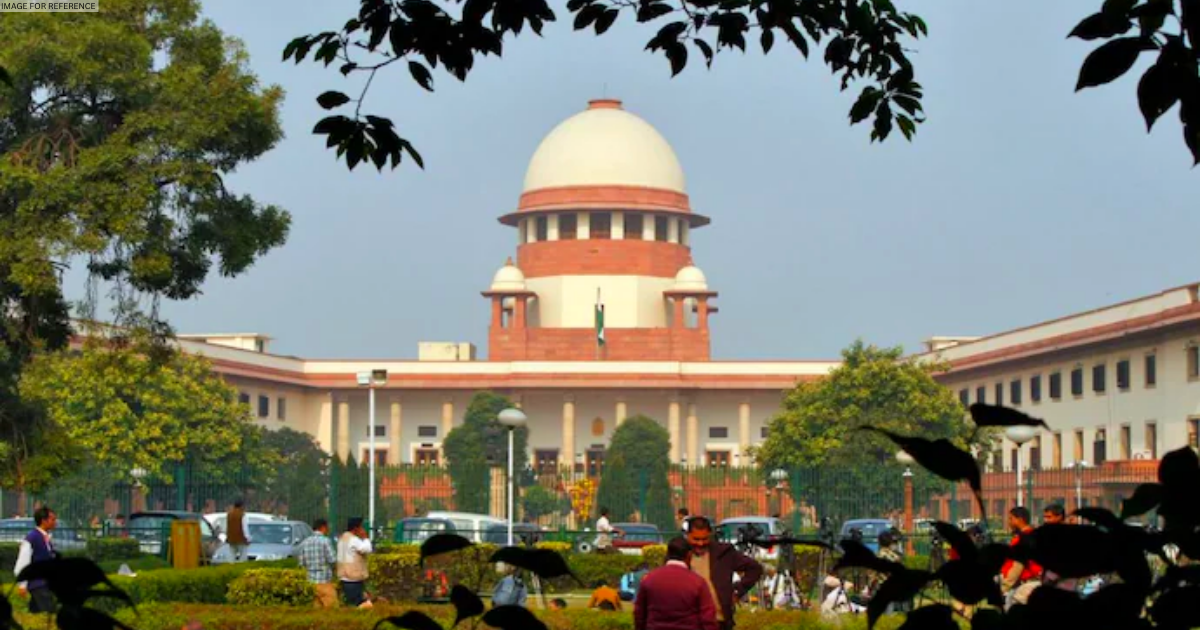
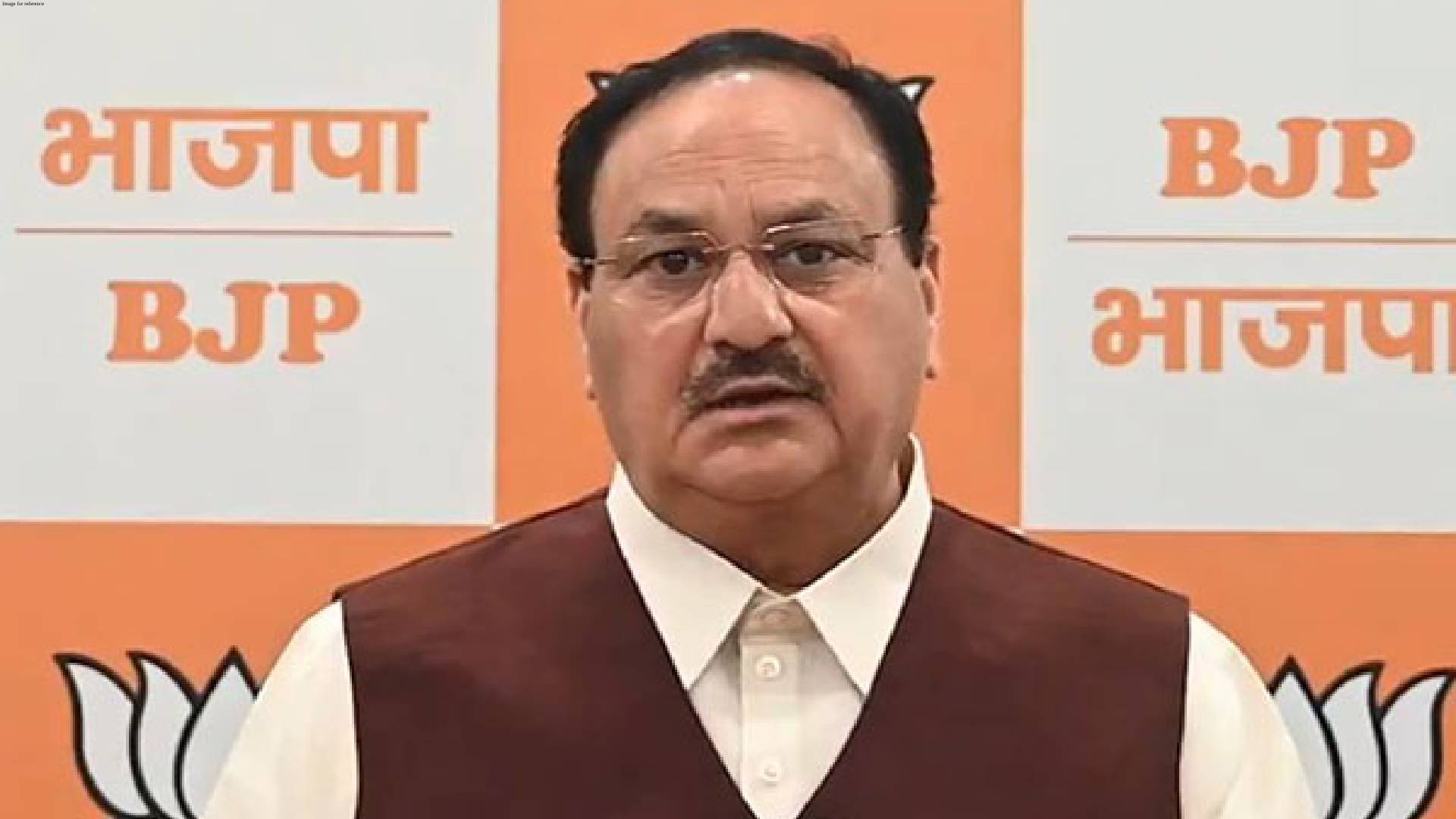
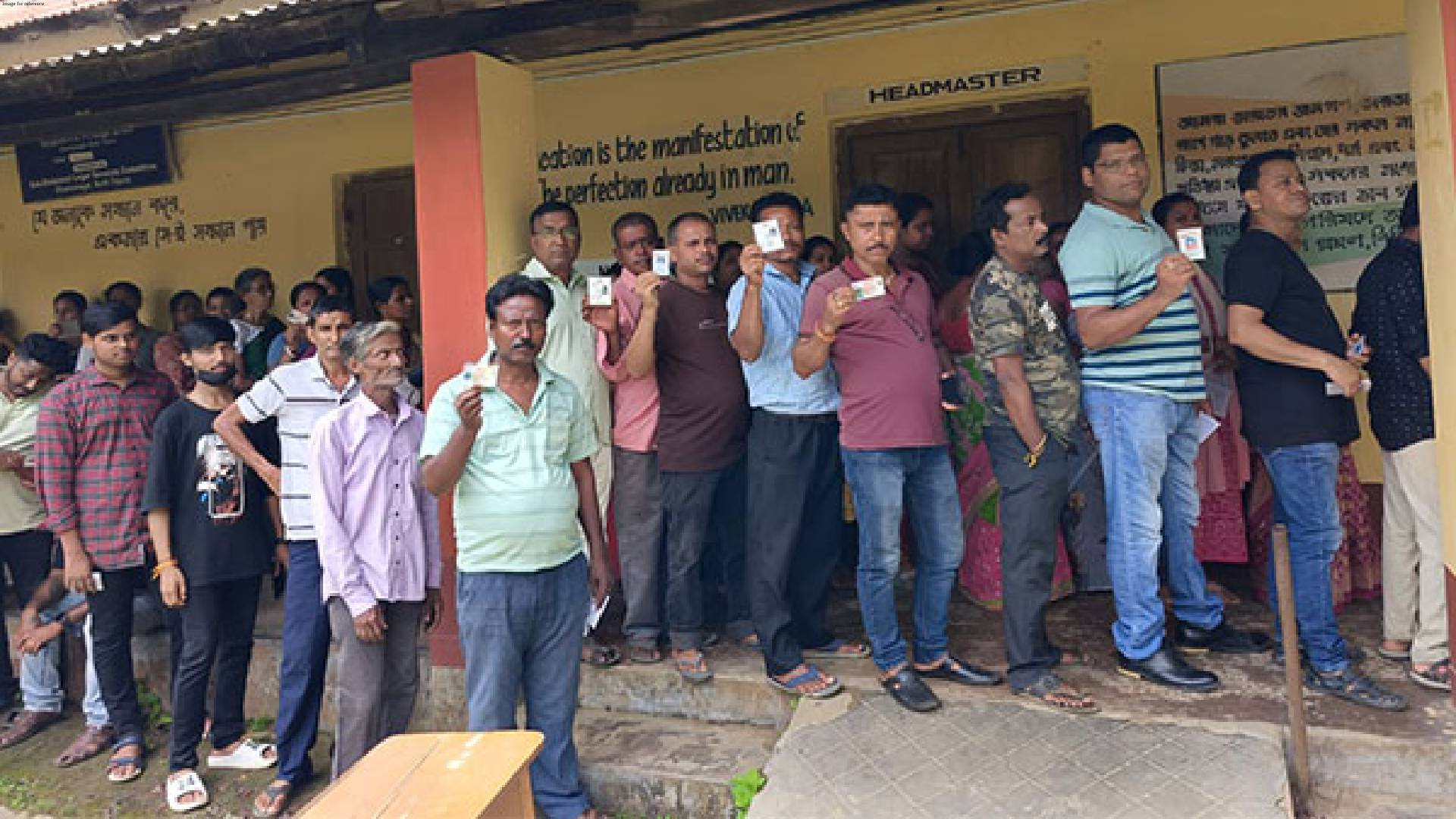
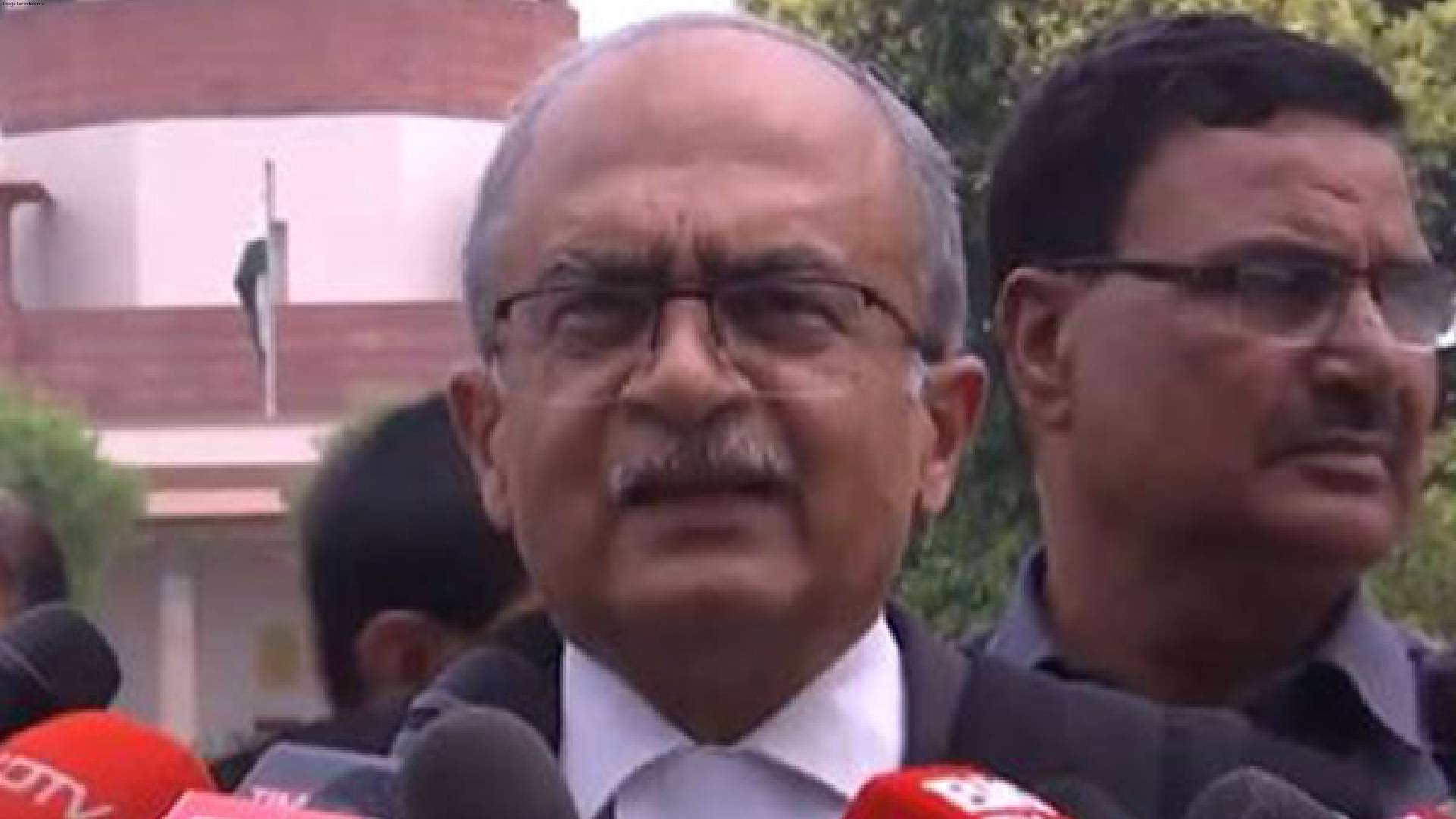
.png)

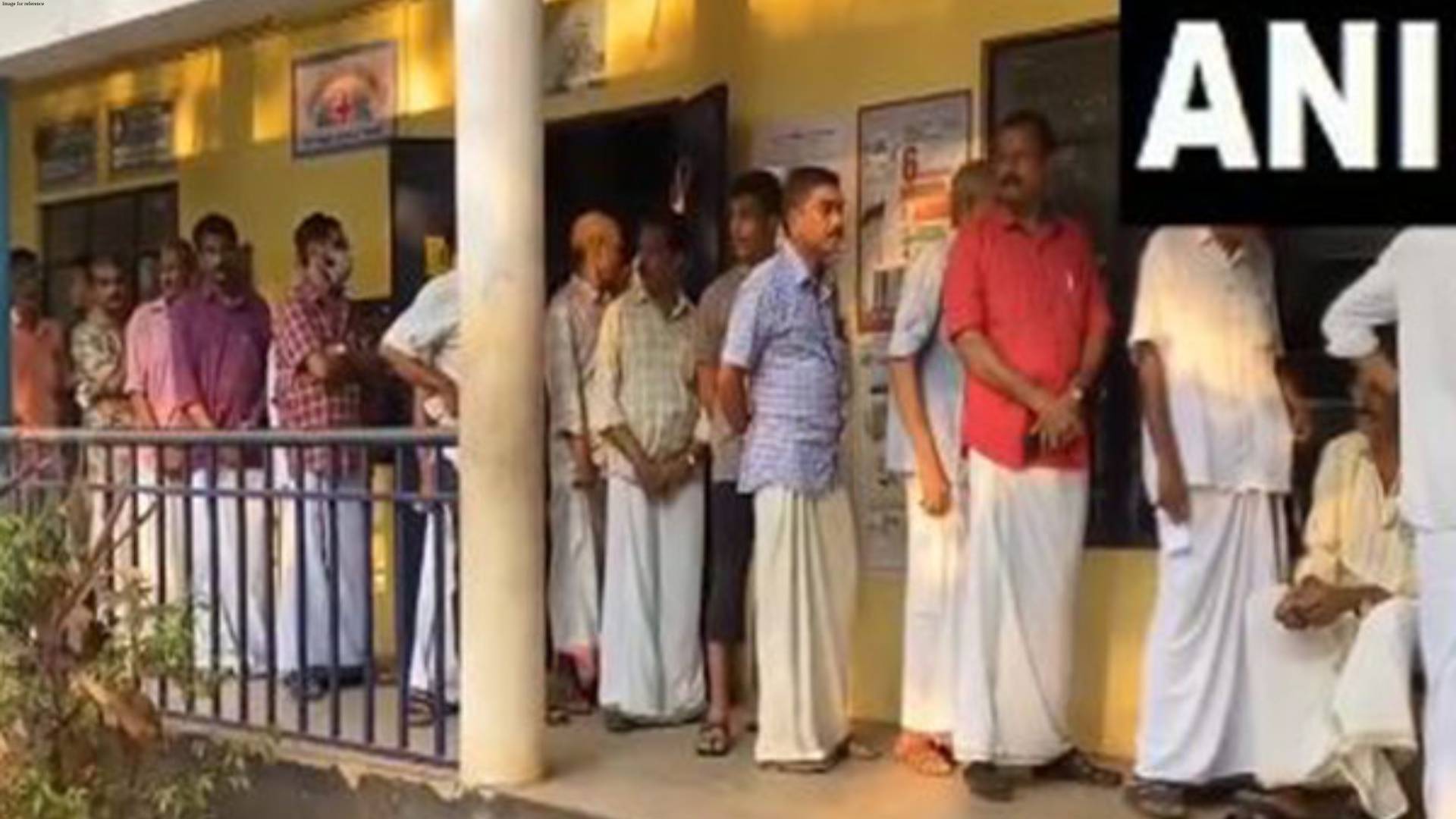

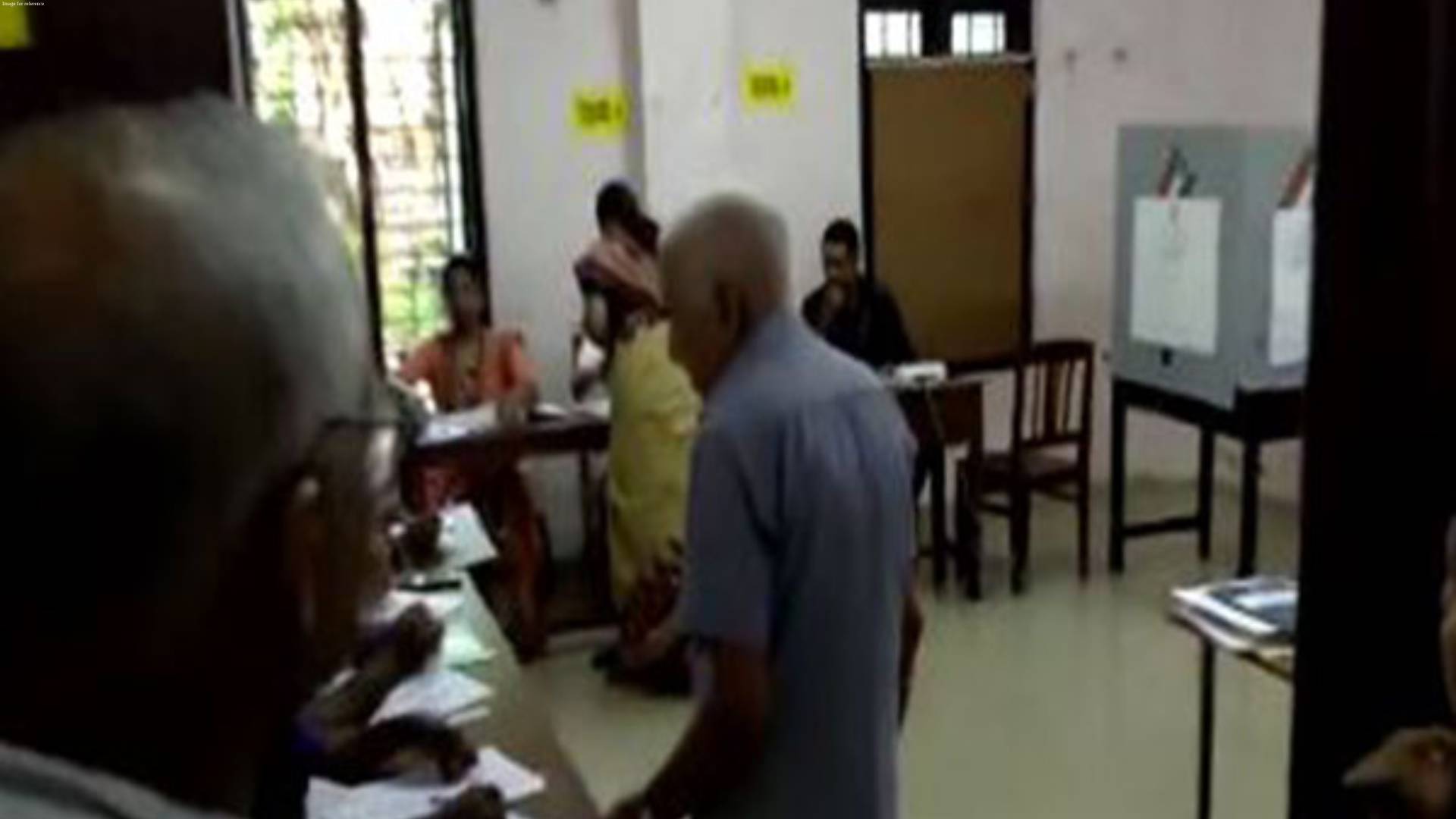


.jpg)
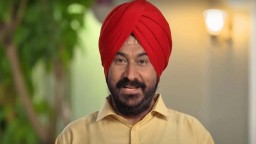
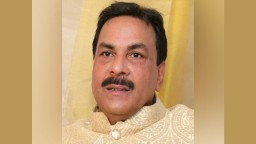
.jpg)
.jpg)
.jpg)
